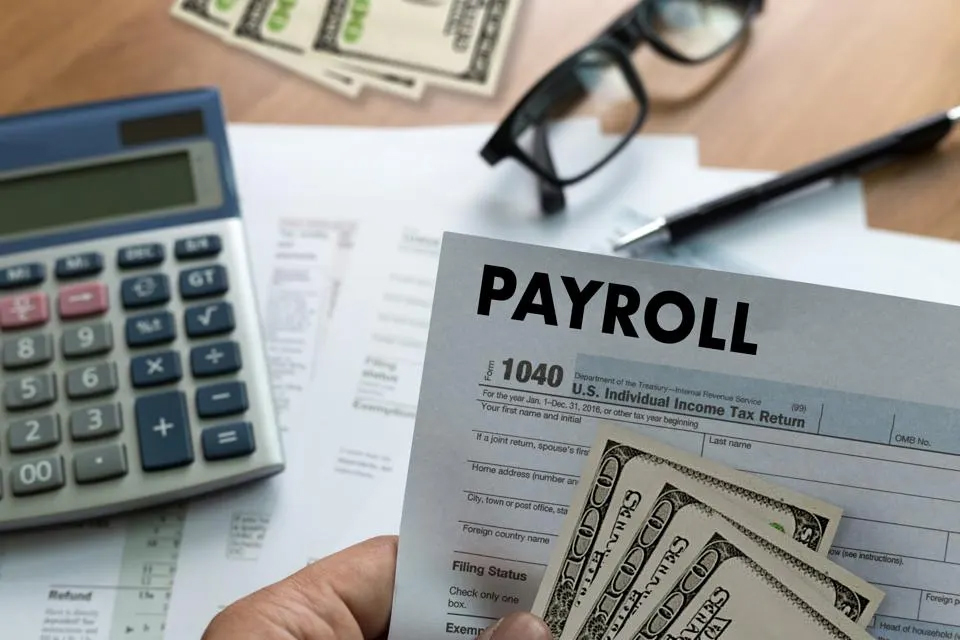
Ronald Stair is the CEO of Creative Plan Designs, Ltd., an actuarial consulting and retirement plan design and administration firm.
As a business owner, I’m always looking for ways to save money and maximize efficiency. When starting out, taking on payroll myself seemed like an obvious area to cut costs. How hard could it be to run payroll for a small team? Well, after a few years of tackling it solo, I learned the hard way just how complex DIY payroll can get!
First of all, my company does not do payroll. We do retirement plan consulting, not the sale of products. What I’ve seen this tax season is a number of small businesses doing things themselves that they really shouldn’t be doing—hence this article.
In the beginning, I muddled through DIY payroll pretty well using QuickBooks and Google to answer my questions. But as we grew from three to 28 employees, it became an overwhelming burden that detracted from my real job: growing and directing the business.
I made some costly mistakes by missing tax deadlines or submitting inaccurate forms. When you’re wearing so many hats, it’s tough to stay on top of the frequent payroll tax changes and compliance rules. Although services like Gusto, Zenefits and GoCo can help, you still have to understand the biweekly, monthly, quarterly and annual requirements. Let’s not forget the extra hassle of remote workers who may be in a different jurisdiction (i.e., different payroll rules)—and for those of you in 37 select states, the specter of state-mandated retirement plans and the additional compliance that comes with it. And let’s not forget HR. All of those pesky rules and regulations. Do you have an employee? Then you have HR needs.
Do pay attention to the world around you. The governments are all hungry. The penalties for missed compliance are draconian, and it only takes one employee to complain.
Between tracking time cards, calculating withholdings, submitting payments, filing taxes and distributing forms, when was I supposed to find time to recruit, meet with clients and develop new offerings?
Outsourcing payroll as well as HR may cost more upfront but saves so much time and stress. I’d rather focus on initiatives to grow the business than get bogged down running payroll like an accountant. Plus, reducing compliance risks and penalties ends up saving money in the long run.
Beyond taxes, there’s the huge responsibility of paying employees accurately and on time. Even small mistakes erode employee trust and morale. And who can blame them? Their livelihood depends on receiving proper payment.
As we’ve grown, I value being able to offer direct deposit, voluntary benefits, retirement accounts and other perks that improve the employee experience. However, configuring those through a DIY payroll is a hassle compared to outsourced solutions.
While DIY payroll seems like a money saver, the hidden costs in your time, focus and peace of mind add up. Not to mention the high risks associated with noncompliance and disengaged talent.
For rapidly scaling startups and small businesses, outsourcing to payroll experts can be a game changer. Have you made the switch from DIY payroll?
The information provided here is not investment, tax or financial advice. You should consult with a licensed professional for advice concerning your specific situation.

